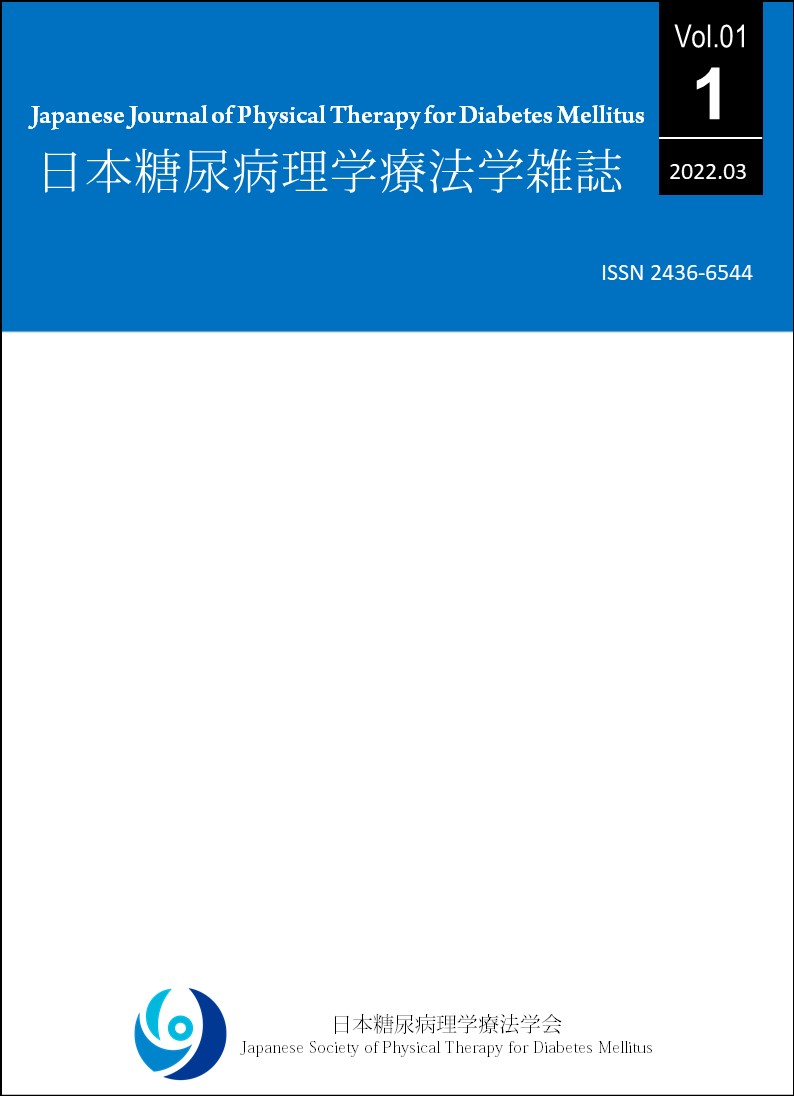Current issue
Displaying 1-7 of 7 articles from this issue
- |<
- <
- 1
- >
- >|
-
2024 Volume 3 Issue 1 Pages 1-17
Published: March 21, 2024
Released on J-STAGE: March 26, 2024
Download PDF (2366K) -
2024 Volume 3 Issue 1 Pages 18-29
Published: March 21, 2024
Released on J-STAGE: March 26, 2024
Download PDF (482K) -
2024 Volume 3 Issue 1 Pages 30-40
Published: March 21, 2024
Released on J-STAGE: March 26, 2024
Download PDF (462K) -
2024 Volume 3 Issue 1 Pages 41-49
Published: March 21, 2024
Released on J-STAGE: March 26, 2024
Download PDF (503K) -
2024 Volume 3 Issue 1 Pages 50-58
Published: March 21, 2024
Released on J-STAGE: March 26, 2024
Download PDF (600K) -
2024 Volume 3 Issue 1 Pages 59-67
Published: March 21, 2024
Released on J-STAGE: March 26, 2024
Download PDF (657K) -
2024 Volume 3 Issue 1 Pages 68-78
Published: March 21, 2024
Released on J-STAGE: March 21, 2024
Download PDF (778K)
- |<
- <
- 1
- >
- >|
